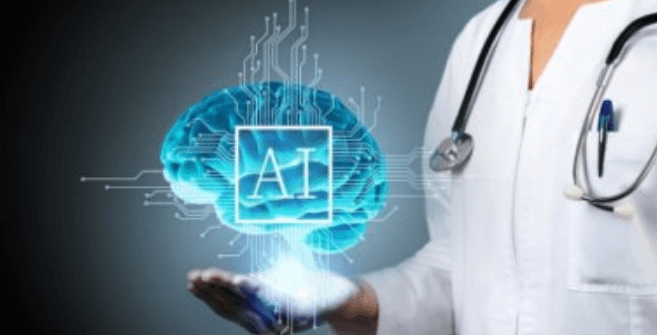The Role of Big Data in Healthcare Innovation

The integration of big data in healthcare is reshaping the landscape of medical innovation, providing unprecedented opportunities for enhancing patient outcomes and operational efficiency. By leveraging vast datasets, healthcare professionals can make informed decisions that promote personalized medicine and predictive analytics. However, the journey toward fully realizing these benefits is fraught with challenges, including data privacy concerns and the need for advanced analytical tools. As we explore the multifaceted applications of big data in this sector, it becomes essential to consider not only the advancements but also the potential hurdles that lie ahead.
Understanding Big Data in Healthcare
The transformative potential of big data in healthcare lies in its ability to convert vast amounts of information into actionable insights that can enhance patient care and operational efficiency.
By leveraging data analytics and predictive modeling, healthcare organizations can improve patient outcomes through personalized medicine.
However, challenges such as data privacy and interoperability issues must be addressed to maximize real-time monitoring and healthcare efficiency.
Applications of Big Data
Big data has numerous applications that are revolutionizing healthcare practices and outcomes.
Predictive analytics enables healthcare providers to identify potential health risks and optimize treatment plans proactively.
Furthermore, the integration of big data facilitates personalized medicine, tailoring interventions based on individual patient profiles.
These advancements not only enhance patient care but also streamline operational efficiencies within healthcare systems, ultimately driving innovation and improved health outcomes.
Challenges and Solutions
Navigating the complexities of big data in healthcare presents a myriad of challenges that must be addressed to fully leverage its potential.
Key issues include data privacy concerns, integration hurdles, and the need for robust analytical tools.
Solutions lie in enhancing workforce training, ensuring regulatory compliance, adopting real-time analytics, and fostering patient engagement to drive technology adoption effectively across healthcare systems.
Future Trends in Healthcare Data
As healthcare organizations begin to overcome the challenges associated with big data, a landscape rich with innovation and opportunity is emerging.
Future trends will prominently feature predictive analytics, enabling proactive decision-making and improved patient outcomes.
Additionally, the integration of personalized medicine will allow for tailored treatments based on individual genetic profiles, enhancing efficacy while fostering patient autonomy and engagement in their healthcare journeys.
Conclusion
In conclusion, big data serves as the backbone of healthcare innovation, weaving a complex tapestry of information that enhances patient care and operational efficiency. Through predictive analytics and real-time monitoring, the healthcare landscape is transformed, akin to a symphony where each data point plays a critical note in improving health outcomes. As challenges persist, embracing cutting-edge solutions will usher in a new era of personalized medicine, ensuring that the future of healthcare is both insightful and responsive.




